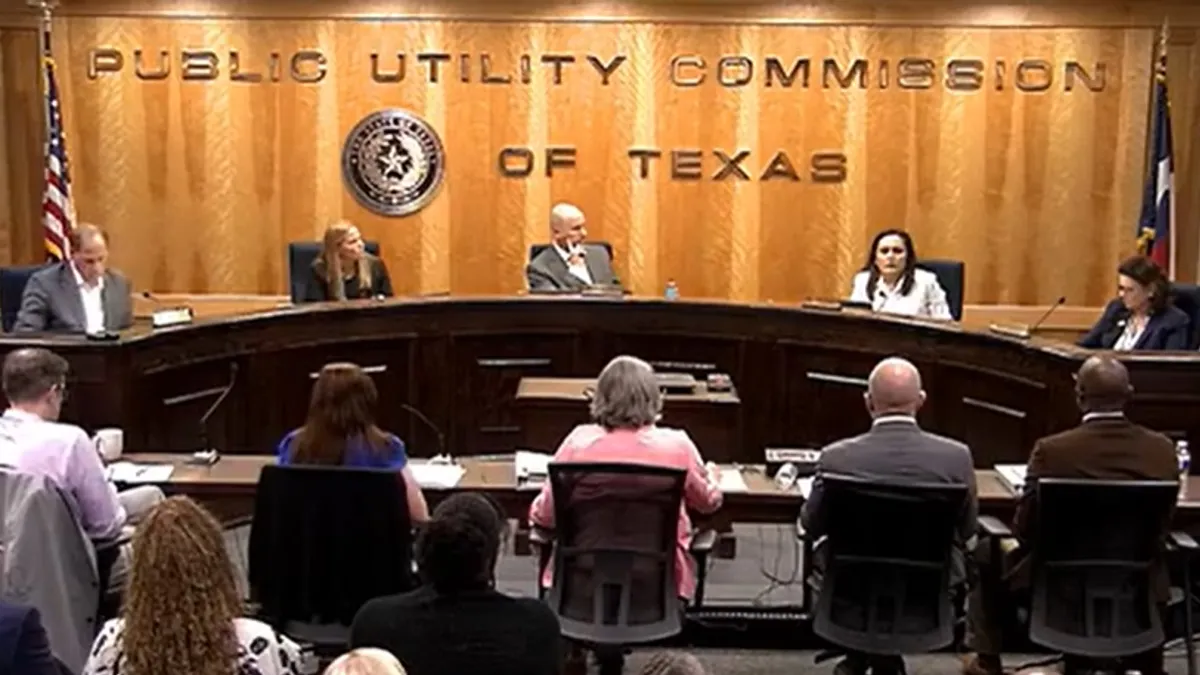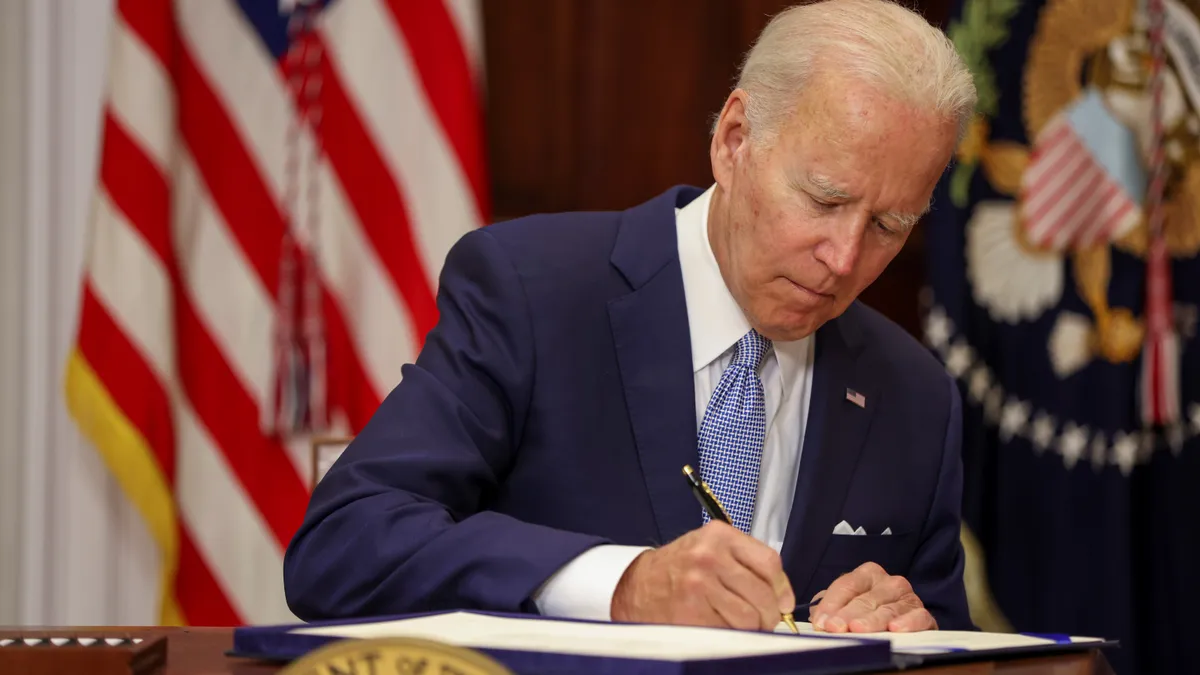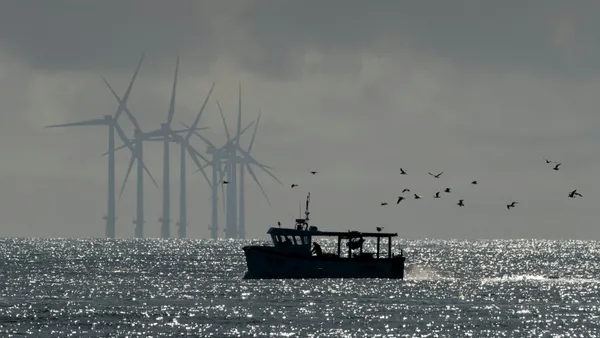Dive Brief:
- Duke Energy wants North Carolina regulators to deny an environmental group the ability to own a rooftop solar array on a church and sell electricity from it directly, bypassing the utility, the Charlotte Observer reports.
- Duke filed with the North Carolina Utilities Commission (NCUC) in opposition to request from environmental activist group NC WARN for permission to sell energy directly to Faith Community Church from a solar array atop its building.
- Duke’s filing argues the sale of electricity by NC WARN to the church violates state law that limits electricity generation and delivery to public utilities certified by regulators. Duke Noted NC WARN may be fined up to $1,000 per day for illegal third-party electricity sales.
Dive Insight:
NC WARN argues it is not acting as a public utility but providing a service to the church. Interfaith Power & Light and the Energy Freedom Coalition of America, representing the solar industry, back NC WARN.
The NCUC staff and the state’s munis and co-ops back Duke.
“We believe what NC WARN is doing is illegal, but we connected the solar system to our grid,” Duke Spokesperson Randy Wheeless told Utility Dive. “They said if the commission decides against them they will donate the solar to the church so we could be helping the church here.”
Duke’s filing argued the NCUC does not have the legal authority to allow the third party sales arrangement worked out between NC WARN and the church. The filing cites a precedential case in which, the utility argues, “this exact argument was rejected by the North Carolina Supreme Court.”
NC WARN claims precedential cases show solar funding through third party ownership (TPO) “is consistent with state energy policy and with the constitutional ban of monopolies…” It argues regulators and courts in all but four states allow TPO and wants its arrangement with the church to test TPO’s legality in North Carolina.
The Energy Freedom Coalition of America argues the current law is a “barrier” to solar growth. The regulatory tussling over TPO mirrors the debate over failed legislation this year that would have allowed for third party sales. While the bill’s backers initially thought they had enough support to pass the bill without Duke’s blessing, the legislative session ended without it going up for a full vote.













